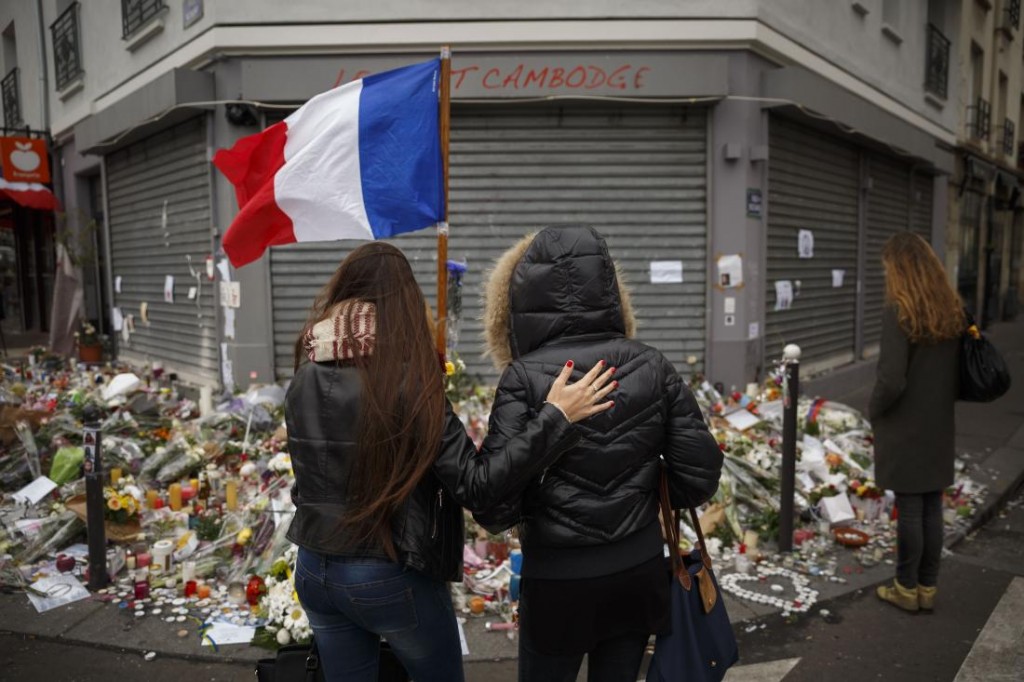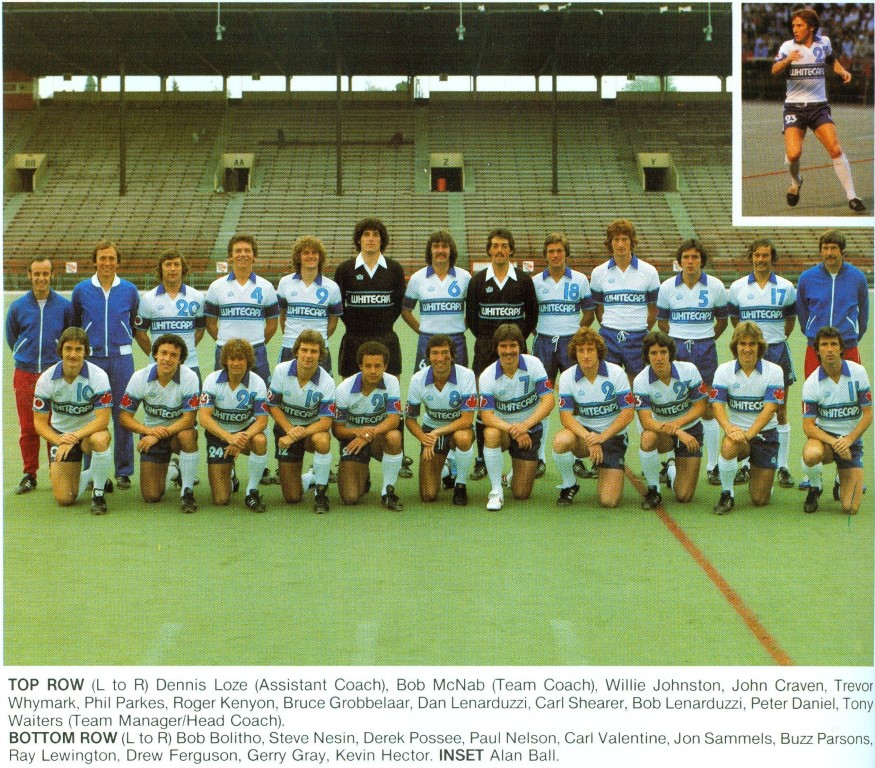
Revisiting the biggest news stories of 2015
By Mercedes Deutscher, News Editor
Every year brings exciting stories, whether they are small local matters or issues that bring the citizens of the world together, and 2015 was no exception. Here are some of the biggest news stories to take place over the course of the past year, some of which will continue to have repercussions for months or even years to come.
Local:
Metro Vancouver Transportation and Transit Referendum: In the early winter and spring, the Mayors’ Council, the Canadian Tax Federation, and numerous other organizations debated introducing a 0.5 per cent tax increase, which would have funded an extensive public transportation infrastructure plan set for completion in 2040. Ultimately, residents of Metro Vancouver voted against the tax, expressing distrust in how TransLink has spent its funding in the past.
Drought: In the summer of 2015, much of BC experienced the most severe drought to impact the province since 2003. At its peak, the drought was declared a Level 3. Lawn sprinkling and car washing was prohibited, and several other water uses were limited due to a shortage of water available in the reservoirs.
National:
C-51: In January 2015, the controversial Bill C-51 was introduced within the House of Commons, then under the control of a Conservative majority government and assented into law in June. The bill gave increased powers to intelligence agencies, such as CSIS, to monitor terrorist activities. The bill received criticism due to lack of accountability and its ambiguous text., as well as its speculated infringement on Canadian individual rights. While initially receiving support from many Canadians, the bill ended up dividing Canadians, who argued whether or not the bill was necessary or overly intrusive. Within the former government, the bill received support from the Conservative party and the Liberal party, while being opposed to by the NDP, the Green party, and the Bloc Quebecois.
Federal Election: In early August, what would become one of the longest elections in Canadian history was declared. The election saw a 10 per cent surge in number of voters, who voted to oust the reigning Conservative party of nine years and opted to elect a Liberal majority government. The Liberal party finished with 182 seats and jumped from secondary opposition to government, with it and the Bloc Quebecois being the only parties to gain seats. The Conservative government lost 60 seats and had long-time leader Stephen Harper step down after the election. The NDP reported huge losses, moving from 95 seats to 44. The election also made history with its leaders, with Justin Trudeau becoming the first child of a former prime minister to take the office.
International:
Refugee crisis: While the conflict in Syria had been building up over a few years, 2015 saw a surge in international attention towards the millions of externally-displaced Syrians who often faced dangerous and expensive conditions in exchange for escape. A picture of the body of Alan Kurdi, 3, washed ashore on a beach incited a call for action by the world’s citizens for their governments to intake refugees trying to make a new life for themselves.
Attacks in France: Two terrorist attacks occurred in France in 2015. The first and smaller of the attacks took place in January at the office of Charlie Hebdo, a weekly satirical publication, where two attackers left 12 dead and 11 injured. The perpetrators later admitted to having ties to Al-Qaeda. The second and larger of the attacks occurred in November, when a series of six coordinated attacks took place throughout the city of Paris. Overall, a total of 130 victims were killed and another 368 were injured. Seven out of nine perpetrators, all of who had ties to ISIS, also died at the scenes of the attacks. During the attacks, France closed its borders, and in the weeks following, France declared a state of emergency and increased military power in areas controlled by ISIS.



